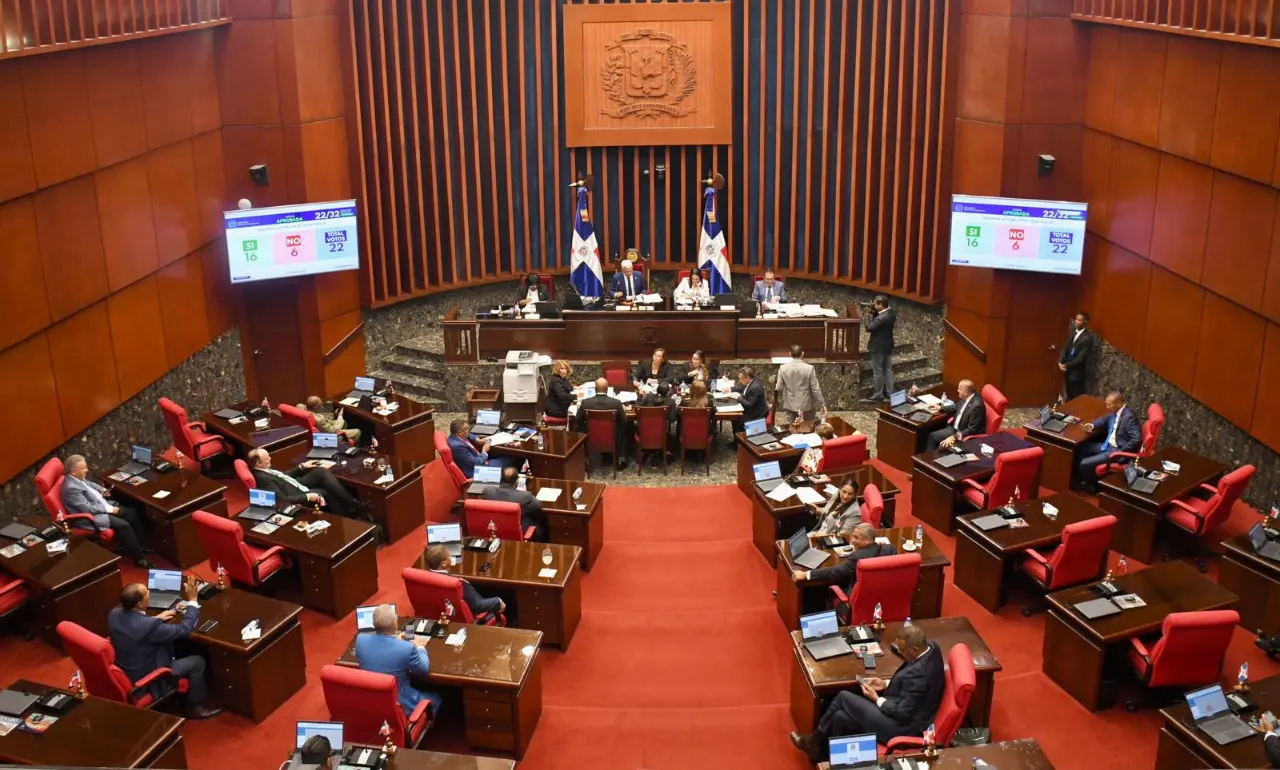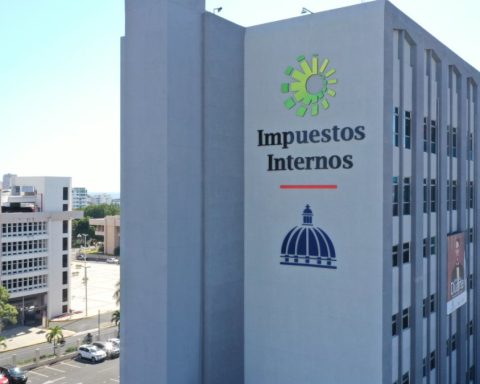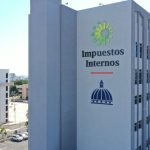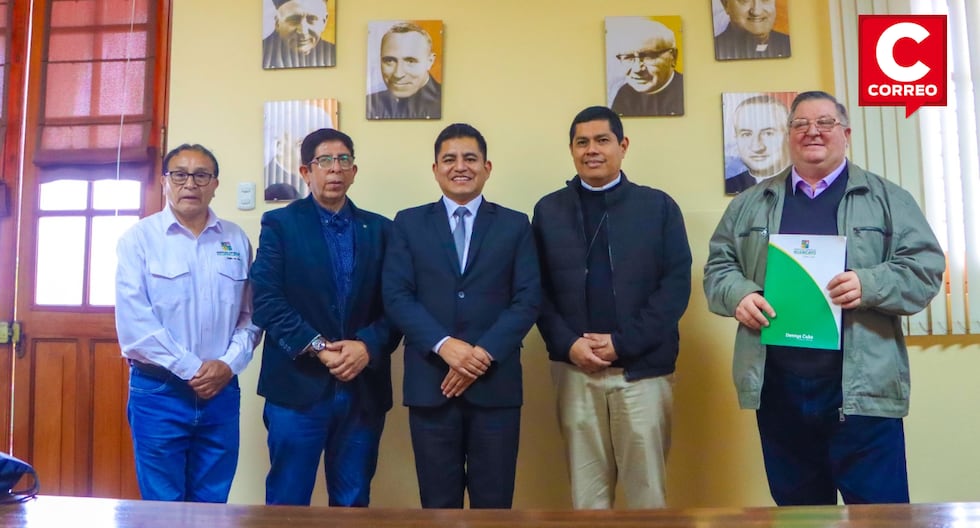The Senate’s legal advisor says the regulations have provisions that indicate this
The legal advisor of the Senate of the Republic, Alejandro Peña, stated yesterday that the regulations for the National Assembly have provisions that, in his opinion, make it clear that the latter, in its role as the National Revisory Assembly, “is totally sovereign to make the decision it wants.”
His comment comes at a time when the Upper House is considering the bill declaring the need for constitutional reform and calling for the National Revisory Assembly to consider various amendments to the Magna Carta, a bill proposed by the Executive Branch.
The legal expert made the statement while participating as one of the invited panelists in the “Transformative Legislative Leadership” induction for legislators who were sworn in on August 16, a four-day activity that Congress carries out together with other entities in the Margarita Village tourist complex, in Bávaro, La Altagracia province.
When discussing the topic “parliamentary regulations as a primary source for constitutional reform” and supporting speaker Nassef Perdomo on the point of the sovereignty of the Assembly, Peña stated that the aforementioned regulations contain provisions that support the interpretation that the law declaring the need for reform “does not bind the National Revisory Assembly.”
He explained that the National Review Assembly is a body of a higher hierarchy than the National Congress and therefore so are the legislative norms that emanate from it, such as the regulations themselves, which, in his opinion, have more weight than a law approved by the bicameral body.
He explained that the National Revisory Assembly is a legal fiction created by the Constitution, because it is made up of the same people who make up Congress, which is a material body, “but converted into a National Revisory Assembly it is not Congress, but the Assembly.”
He justified that this fiction, seen in this way, makes the National Revisory Assembly a hierarchically superior body to Congress, because it is the one competent to dictate a norm superior to that of the bicameral body.
“It is absolutely clear to me that there is a link between Congress and the National Review Assembly, not just in terms of hierarchy. This supports the interpretation that Congress, as a lower body, cannot dictate a norm that binds the National Assembly as a hierarchically superior body,” he said.
The Senate’s legal advisor reiterated that the regulation is a norm that in the normative hierarchy pyramid is between the Constitution and the law, because it is dictated by the National Assembly and not by Congress.
“The regulations for amending the Constitution are the main working tool,” he said.
Key points: Article 54, paragraph 6 and Article 65 of the regulations
To give more strength to his argument, Alejandro Peña referred to two articles of the parliamentary regulations: article 54, paragraph 6, and article 65.
Regarding literal 6 of article 54, which regulates the structure of the agenda for each meeting of the Assembly, the regulations state the following: “Reading of the article of the current Constitution to be modified or the object of the convening law.”
In this regard, the Senate representative interprets that this article establishes that the Assembly can review the purpose of the call or any other article that it wishes to modify.
Regarding Article 65, which regulates the reconsideration of the approval of a text, the rule states: “It will only apply in cases where an article has been rejected but its content affects other articles that have been approved.”
In this regard, he believes that if a motion for amendment can be rejected, it can also be added.
The Bible of the Assembly Members and the three committees of the Assembly
In his speech, Peña said that the subject of the regulations will be the bible of the legislators during the constitutional reform process, as it is the main instrument to be used at that time.
He considered that the Constitution broadly has provisions, but that the regulations are what specify and detail the content of the Substantive Law.
He said that the National Assembly has several powers, one of which is to reform the Constitution, where it acts as the National Revisory Assembly. As Revisor it has only one procedure, which is only to modify the Constitution. For this procedure, the regulations create three commissions: the coordinating commission, the style commission and the auditing commission.
The coordinating committee is chaired by the head of the Senate and is made up of the executive offices of both chambers with the respective secretaries. As its name indicates, this committee is the one that coordinates all the work.
The style committee is responsible for checking the grammar, syntax, wording and coherence of texts. According to the Senate’s legal advisor, the committee is made up of up to 5% of the membership of both chambers, or 11 people.
Meanwhile, the audit and verification committee reviews the work of the style committee to ensure that the texts do not contradict each other and are consistent. Like the style committee, it must be made up of up to 5% of the Assembly members or up to 11 members.
The induction of senators and deputies is carried out by Congress, jointly with the Institutional and Justice Foundation (Finjus) and the Constitutional Court (TC).
He moderated the panel with the four expert lawyers
The panel moderator was Finjus Executive Vice President Servio Tulio Castaños Guzmán.
The outstanding speakers were the jurists: Francisco Franco, with the theme “strengthening the system, powers of the State and extra-power bodies”; Nassef Perdomo, who developed “the constitutional reform, procedures”; Cristóbal Rodríguez, tackled “the oversight and control mechanism”; and Alejandro Peña, “parliamentary regulations as a primary source for constitutional reform.”
Inclusion
The event is attended by leaders of various political parties, lawyers, professors and journalists.
Congress
The presidents of the legislative chambers Ricardo de los Santos and Alfredo Pacheco gave the opening remarks of the eventthen.

















